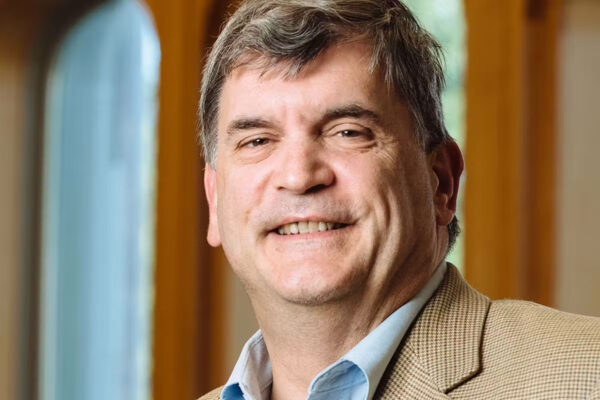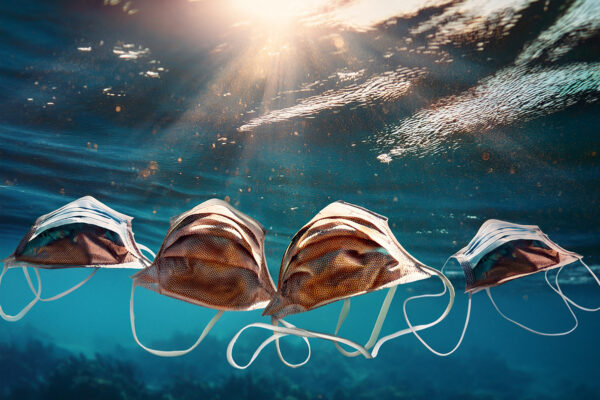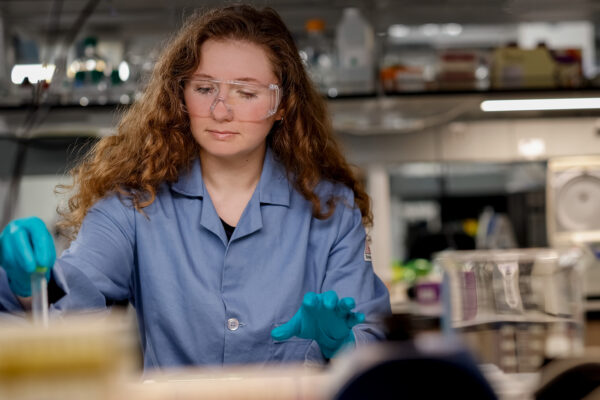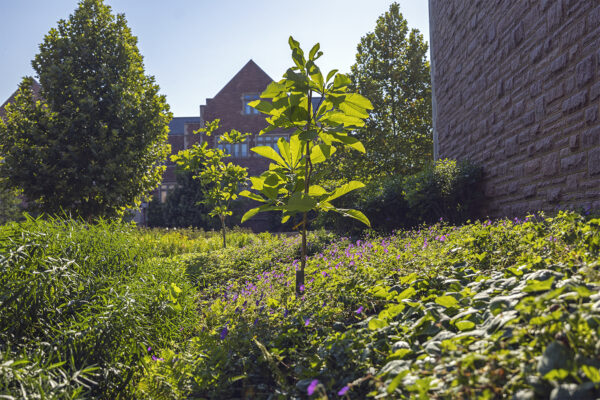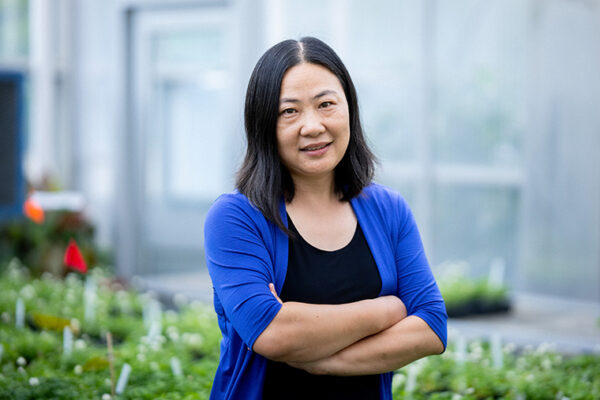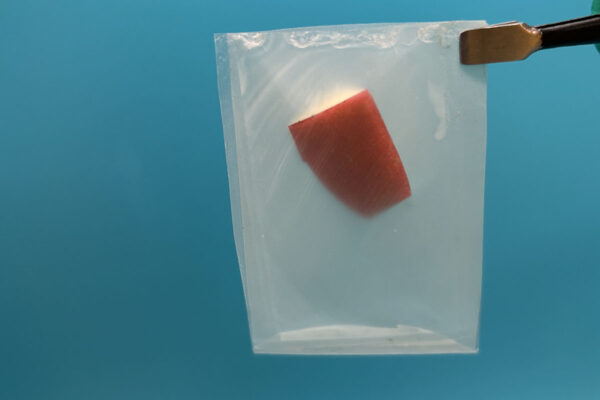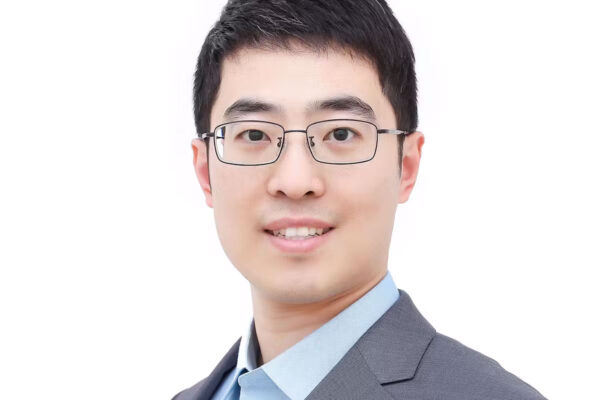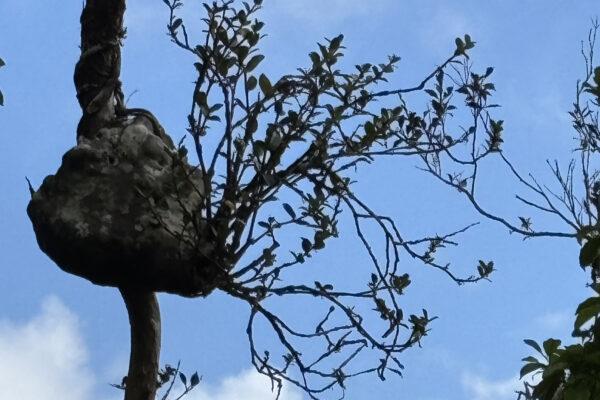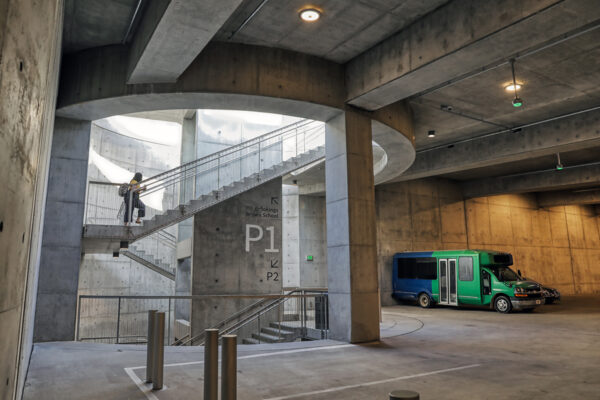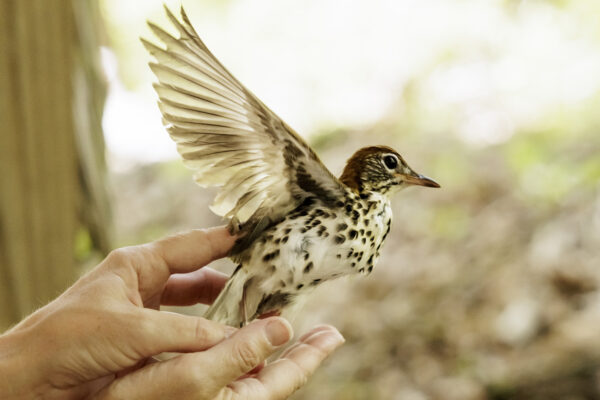Former Boeing executive to lead professional education division
John F. Bade, a former executive of The Boeing Co. and a longtime professor of practice, has been named executive director of the Henry Edwin Sever Institute in the McKelvey School of Engineering.
Sun exposure changes chemical fate of littered face masks
Researchers at Washington University in St. Louis reveal that discarded face masks undergo photochemical changes, influencing their surrounding environment.
WashU, MilliporeSigma sign collaboration agreement
A project that could help scientists identify novel ways to fight disease is one of the research efforts that will get a significant boost under a new collaboration agreement that Washington University in St. Louis has signed with science and technology company MilliporeSigma.
WashU Arboretum wins national honor
The WashU Arboretum, home to more than 7,000 trees, has received a national sustainability honor.
Biologist Zhong to study how plants deal with nutrient stress
Xuehua Zhong in Arts & Sciences has won a $1.1 million grant from the National Science Foundation for research aimed at developing more resilient crops that can adapt to changing environmental conditions and support sustainable agriculture.
Leaf-inspired design brings bioplastics to the big leagues
Using inspiration from the leaf, engineering researchers at Washington University in St. Louis have optimized bioplastics to be stronger and more biodegradable.
Xu receives engineering early career award
Lu Xu, an engineer at Washington University in St. Louis, has won the 2025 American Institute of Chemical Engineers Environmental Division Early Career Award.
Condo-style living helps keep the peace inside these ant plants
Scientists have discovered one way that a host plant can keep the peace among residents that might otherwise kill each other. The new research from biologist Susanne S. Renner, in Arts & Sciences, is published in Science.
East End garage recognized
The East End garage recently landed a new national certification for its sustainable features.
Winged migration
St. Louis sits on the Mississippi Flyway — the largest migratory pathway used by birds in North America. In this photo story, learn about a long-term study of migratory birds led by volunteers at WashU’s Tyson Research Center that is yielding new data on bird longevity and migration patterns.
Older Stories
